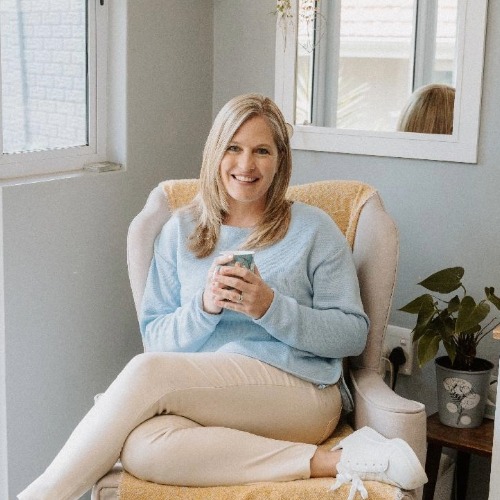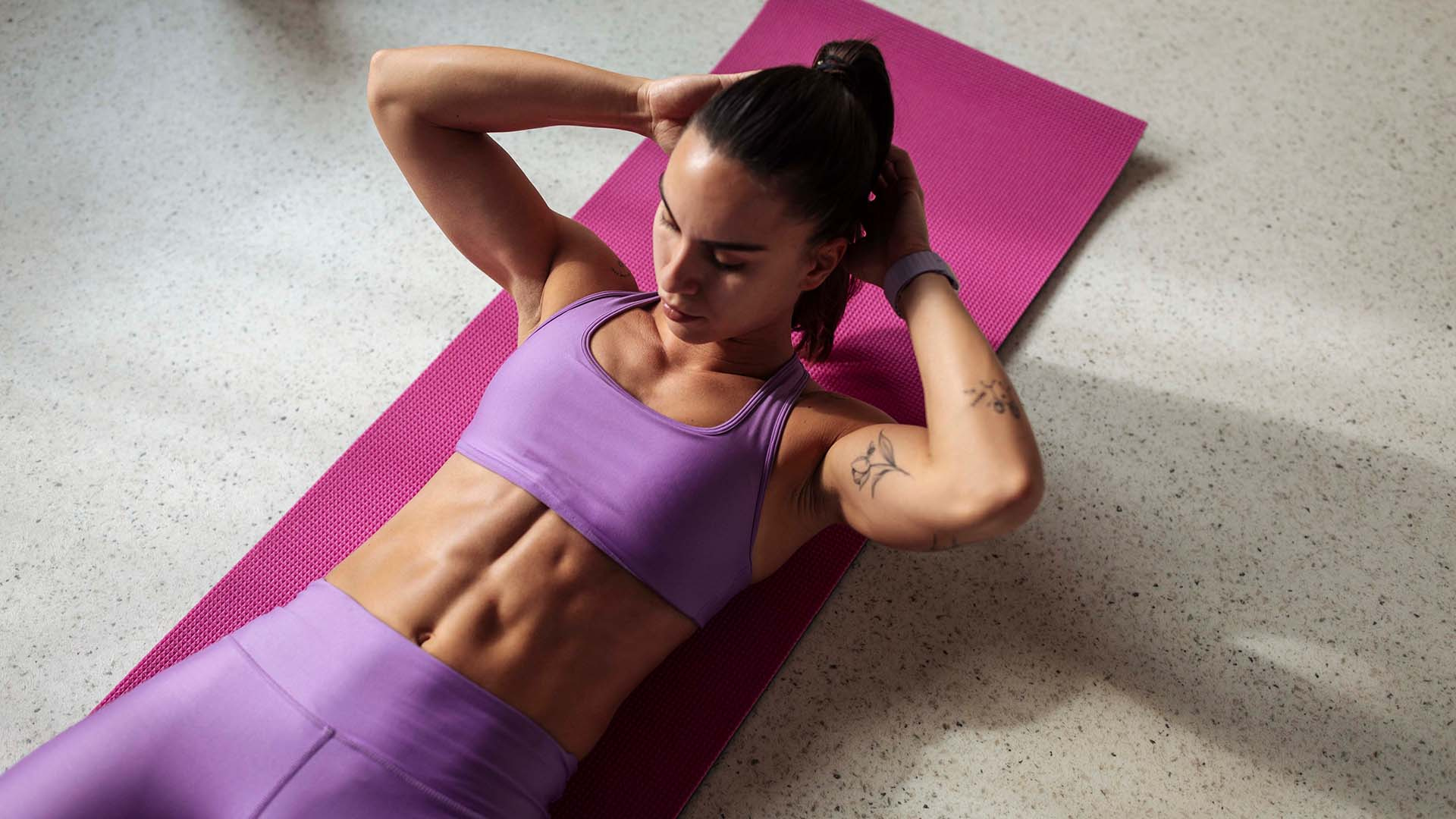Across Nigeria and West Africa, busy women are redefining what it means to look after their health in the hustle of modern life. The reality for the woman of 2025—whether she’s sprinting to meetings in Lagos Island or holding down a busy household in Accra—is that making it to the gym even once a week can feel out of reach. This struggle is familiar to many, and according to women’s wellness coach Heidi Silcock, it’s a challenge she helps her clients tackle daily. In this in-depth feature, we explore the unique barriers Nigerian and African women face and provide powerful, practical health tips to encourage lasting wellness, no matter how busy life becomes.
Q. For women in corporate positions, what are the most common challenges you see?
Across Africa’s urban centres—from Victoria Island in Lagos to Osu in Accra—the most significant challenge facing professional women remains time, or rather, the constant pressure that there just isn’t enough of it. “By the time I get home from work, I’m running on fumes,” one Nigerian banker from Abuja explained. Extended work hours, back-to-back meetings, endless deadlines, and the additional weight of family responsibilities means exercise is often squeezed out. In many West African households, women are expected to anchor daily meals, school runs, and extended family duties, compounding the challenge of carving out even a short span for personal wellbeing. When meals are skipped or eaten on the go—often heavy on starch or fast food—energy levels drop, leading to a domino effect of exhaustion and frustration by evening.
The impact: According to the 2024 National Food and Nutrition Security Survey, approximately 67.9% of adult women are overweight or obese—a trend also echoed in urban West Africa by local nutritionists. In Nigeria, for instance, the World Health Organization reports rising hypertension rates linked to processed diets, sedentary jobs, and stressful lifestyles. Many health experts warn that this pattern—marked by inactivity and poor dietary choices—puts women at further risk for hypertension, diabetes, and complications during pregnancy.
Q. What are some of the most common mistakes or thinking patterns that undo the best intentions?
Many Nigerian and African women fall prey to the all-or-nothing mindset. As Heidi Silcock explains, “A client will often head out each morning with good intentions—gym bag packed, trainers ready—but a last-minute work emergency or traffic jam (hello, Lagos gridlock!) derails the plan. Suddenly, a single missed session turns into a week—or month—off fitness.”
Another common trap is the urge to overhaul everything at once: jumping into strict gym regimens, radical diet changes, or aspiring to unachievable sleep schedules. According to Lagos-based wellness expert Maryam Akanbi, “Trying to do too much, too quickly, is a surefire path to burnout and disappointment—especially in our fast-paced society.”
There is also a deeply rooted cultural narrative—especially among West African women—that prioritising oneself is selfish. Many women put the needs of family, work, church, or community first, promising themselves they’ll focus on health “when things calm down.” But as Silcock observes, that elusive calm rarely arrives, and without steady, realistic steps, health continues to quietly slip down the agenda.
“One of the biggest stumbling blocks I see is the all-or-nothing mindset. The reality? Without small, realistic steps, health quietly keeps slipping further down the list.”
Simple Fitness Tips For Busy African Women: Staying On Track Amidst Life’s Demands
1. Think “Movement” – Not “Gym”
A trip to the gym isn’t the only way to be active, and it may not even be realistic for women balancing morning traffic, children’s homework, or market runs. “Small, daily activity matters,” says Silcock. This could mean a brisk 10-minute walk between meetings, taking the stairs at work, or stretching during Zoom calls. For West Africans, that might involve walking to the local market in Balogun or Makola, dancing to Afrobeats at home, or simply carrying buckets of water the traditional way. One of Silcock’s clients began doing desk squats during long video conferences and saw both a mood and energy lift. Another borrowed the trend of ‘walk-and-talk’ meetings for client calls, making movement part of her daily routine.
2. Schedule Your Workout Like A Meeting
Treat time for movement as you would any business appointment. “If you don’t protect it, something else will fill the gap,” Silcock asserts. Nigerian businesswoman Adaeze Okoye shared that blocking just 20 minutes each morning for a quick neighbourhood walk made a big difference. Because it was on her calendar, she rarely skipped it—and even on busy days, that short slot became non-negotiable.
3. Eat For Focus
Energy lags are common when meals are missed or replaced by high-carb snacks (think meat pies, puff-puff, or suya with soda). The solution? Focus on simple, protein-rich options that fit African lifestyles: cooked eggs, moi moi (steamed bean cake), or a small grilled chicken salad can stabilise energy and reduce afternoon cravings. Nutritionist Dr. Ebenezer Akande, based in Ibadan, notes that “well-planned small meals help maintain focus throughout the workday and reduce reliance on coffee and sugary drinks.” One of Silcock’s clients noticed she reached for fewer sugary drinks once she started prepping balanced mini-meals in advance.
4. Redefine Success
Real progress doesn’t always look like perfect gym shots on social media. For many busy women, three 15-minute movement sessions a week or recording small wins—like taking the stairs at the BRT bus station or walking a neighbour’s dog—counts as meaningful progress. “Give yourself credit for the little things,” Silcock encourages. One Lagos lawyer keeps a “movement log,” tallying small achievements that keep her motivated and prevent burnout.
“I often remind my clients that prioritising themselves isn’t selfish; it’s essential.”
5. Start Small And Stay Consistent
The foundation of lasting change isn’t grand gestures, but steady, realistic habits. Even a 5-minute morning stretch or 10-minute stroll after amala and ewedu at lunch counts. Routine builds momentum, and many women across Africa report that small changes—like increased energy or improved mood—spark bigger shifts. “The more you notice the benefits, the easier it becomes to stay consistent, even when life gets overwhelming,” Silcock shares.
6. Put Your Health First
Your health underpins every aspect of your life. As Silcock puts it, “Your health isn’t a luxury – it’s the foundation that lets you thrive at home, work, and in the community.” This concept is especially important for African women, who often serve as caregivers and economic anchors. Carving out as little as 20 minutes daily for walking, stretching, or reflecting can boost patience, clarity, and emotional balance, as several Nigerian women confirmed in our interviews. The benefit is cumulative: consistent, small actions build resilience and make self-care both sustainable and realistic.
Meet The Expert: Heidi Silcock

Heidi Silcock is a renowned women’s health and wellness coach dedicated to helping busy women prioritise wellbeing, build confidence, and sustain energy. Her approach is rooted in the realities faced by professional and working-class women across Africa and globally. She offers personalised coaching and small group programmes, both virtually and in-person, focusing on gentle but powerful steps that turn self-care from theory into daily practice. To learn more about her work, visit her programme page here.
In conclusion, the biggest mistake women make isn’t “failing” to find time for an hour-long gym session—it’s underestimating the impact of small, sustainable shifts. The key for Nigerian and West African women is to focus on steady movement, intentional nutrition, and a mindset that values personal care, no matter how busy life gets. As more women across the region embrace realistic wellness routines, the ripple effect on families, communities, and workplaces will only grow.
How do you prioritise your own health in the midst of work, family, and society’s demands? What hurdles—or victories—have you encountered? Share your stories below and check back for more tips and features on everyday wellbeing!
Have a wellness journey, fitness win, or health tip to share with fellow Nigerian and African women? We want to hear from you! Email us your story at story@nowahalazone.com and you could be featured on our platform.
For all story sales, submissions, or to share your opinion, use the email above. For support, contact support@nowahalazone.com.
Stay connected! Follow us on Facebook, X (Twitter), and Instagram for more health stories, local advice, and ways you can be part of our community!










